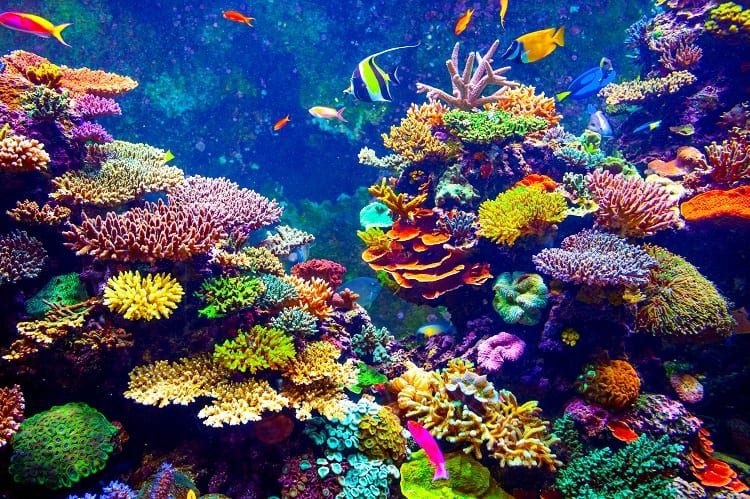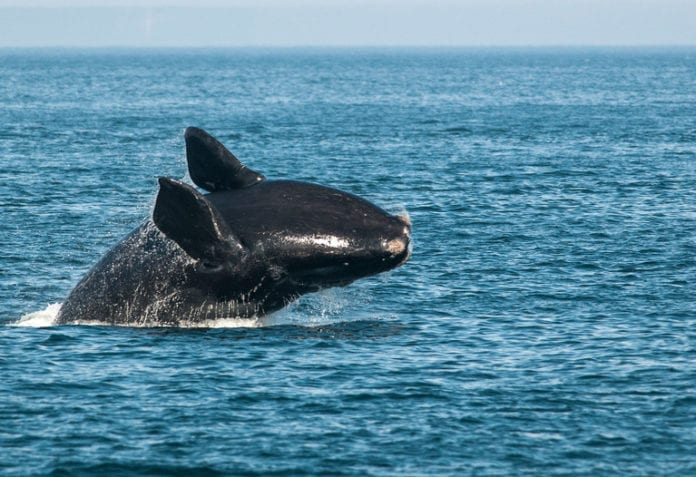Different species of organisms live in our oceans, and it is always uplifting to hear about the discovery of a new species somewhere out in the vast stretches of saltwater. It is estimated that the number of undiscovered aquatic species could be as large as 10 million. To tackle this seemingly huge gap in our knowledge of our aquatic ecosystems, researchers launched the ATLAS project. Consisting of 45 research expeditions and more than 80 scientists, it was the largest oceanic research enterprise in our history. The project focused mostly on exploring 12 locations in the deep Northern Atlantic.

The results that the ATLAS project has produced are very encouraging as it seems to have set the bar for future marine research. The biggest takeaway from this expedition is the one dozen newly identified species, including fish, cold-water coral, and some sponge species. The expedition made use of underwater robots to explore areas that have never experienced human interference before. The researchers also found 35 previously known species in new areas. The sheer volume of research papers that have come out of this expedition speaks a lot about the value it has added to our understanding of Earth’s aquatic animals.
Some of the numerous discoveries that have been made include a new coral growth, known as Epizoanthus martinsae, a sedentary animal resembling moss called Microporella funbio, which was found in an undersea mud volcano off the coast of Spain, and another moss-like animal called Antropora gemarita. One of the consistent things that the project found common across the ocean was that all of these species were struggling to survive because of climate change’s effects on their environment. The project has uncovered the extent of our ignorance about the deep-sea ecosystem of not only the North Atlantic but all of the Earth’s oceans.

Some scientists have even gone on to say that we know more about the surface of Mars or the Moon than we know about the seabed of our planet. While this sounds alarming, we are taking all the right steps now. The corals and sponges found in this expedition are the bedrock of the undersea ecosystem, and this is why we need as much information about them as we can gather. With the rapidly changing climate, we have no hope of saving all these species if we don’t even know about them. There are many threats to these aquatic organisms. Rising water temperatures and sea acidification are just some of them. ATLAS has helped a lot by studying some fragile ecosystems under the North Atlantic Ocean and providing us with precious data. Although it is over now, it will continue to serve as an example of exemplary science and has started to inspire researchers worldwide to undertake similar missions in the other oceans.
Further Reading:


